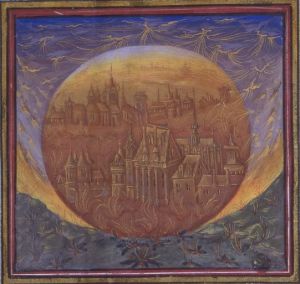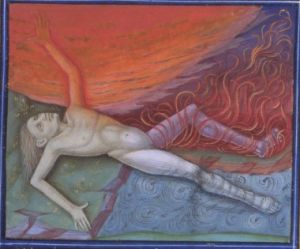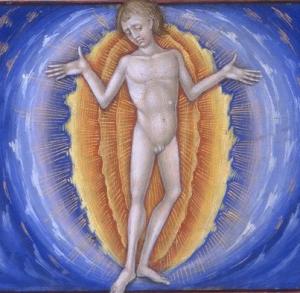


|
SERVICES | PAYMENT | COURSES | BOOKS | CONTACT | SEARCH |

|

|
| Christopher Warnock, Esq. |
| HOME |

|
 |
|
Planetary Hours
Elections
in the Key of Solomon |
 |
|
The Planetary Hours
in Renaissance Astrology |

|
|
Elections with Planetary Hours
by Henry Coley |

|
| Planetary Hours Calculator |
 |
| Web Site Search |

|
|
[B]ecause both Mercury who invites us to investigate doctrines, and Saturn, who makes us persevere in investigating doctrines and retain them when discovered, are said by astronomers to be somewhat cold and dry...just like the melancholic nature according to physicians. And this same nature Mercury and Saturn impart from birth to their followers, learned people, and preserve and augment it day by day.Marsilio Ficino, Three Books on Life [Florence, 1489] Kaske & Clarke, trans., Tempe, AZ: Medieval and Renaissance Texts & Studies, 1989, p.113.


|
|
